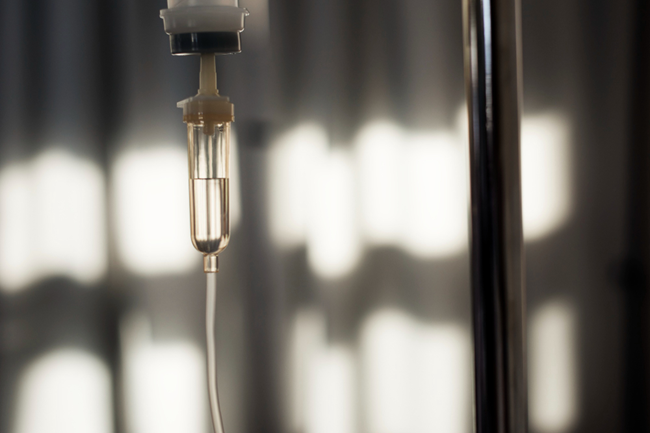Seems like a simple proposition to recognize that drugs affect things in the body, but after years of marketing, most of us believe that drug effects are somehow delimited by the dose and by our desires. In reality, neither is true. A low dose of poison is still a low dose of poison. The effects of its chemistry are just not visible yet; sometimes because we do not want to see and other times because we do not have the capacity to understand the full scope of potential reactions. Regardless, whether we choose to see or understand those effects, the drug is exerting them.
Similarly, we designate some drug effects as on-target, meaning they are influencing a desired pathway, and we call other effects off-target or side effects because the drug is influencing a pathway that we are not interested in. Again, both on-target and off-target effects are just effects. On-target and off-target are artificial designations used for marketing. They are not real. The chemistry of the drug, is the chemistry of the drug, even when the effects do not accord with our desires.
This does not mean that some drugs are not useful, they are. It simply means that it is disingenuous to suggest that a drug is safe at a particular dose when its chemistry suggest otherwise, or that it affects only the systems we want it to affect, when basic biology says otherwise. A drug that blocks critical pathways, even at a low dose, is still blocking those pathways and it is doing so systemically. We simply do not see the effects symptomatically until a larger dose is used or other variables come into play, or both.
When we debate safety and the myriad of negative effects of a particular drug, it is important to go back to the chemistry both of the drug and the chemistry and biology of the human organism. Investigate the pathways the drug and its metabolites interact with. Figure out what those pathways regulate, where in the body are they active, and how might changing the activity of those pathways affect health, at low doses, at high doses, acutely, chronically, and in combination with other life variables – because who is ever only exposed to only one deleterious compound? No one.
We should never assume that a drug is safe simply because it does not damage us observably, immediately, or independently of other variables, although that is how most toxicology is determined. Nor should we assume that a drug is safe based upon marketing, its political supporters, or because it has been on the market for decades; perhaps especially when it has been on the market for decades. These drugs were grandfathered in and considered safe without much research. Later drugs trials, though certainly more thorough, are still problematic, especially for understanding sex-based effects e.g. how the drug affects women versus men or reproductive effects beyond the most observable fetal teratogenics. In some cases, this is simply because we do not know what we do not know but in a large majority of drugs, it is because we choose not to know. We want the drug to work the way we think it works. It gives us a sense of control over the medical environment, and quite frankly, is highly profitable.
Long story short, believing a drug is safe because we want it to be safe is not science. It’s willful ignorance and it’s just downright dumb.
We Need Your Help
More people than ever are reading Hormones Matter, a testament to the need for independent voices in health and medicine. We are not funded and accept limited advertising. Unlike many health sites, we don’t force you to purchase a subscription. We believe health information should be open to all. If you read Hormones Matter, and like it, please help support it. Contribute now.
Yes, I would like to support Hormones Matter.
Image credit: Photo by atiyeh fathi on Unsplash.















